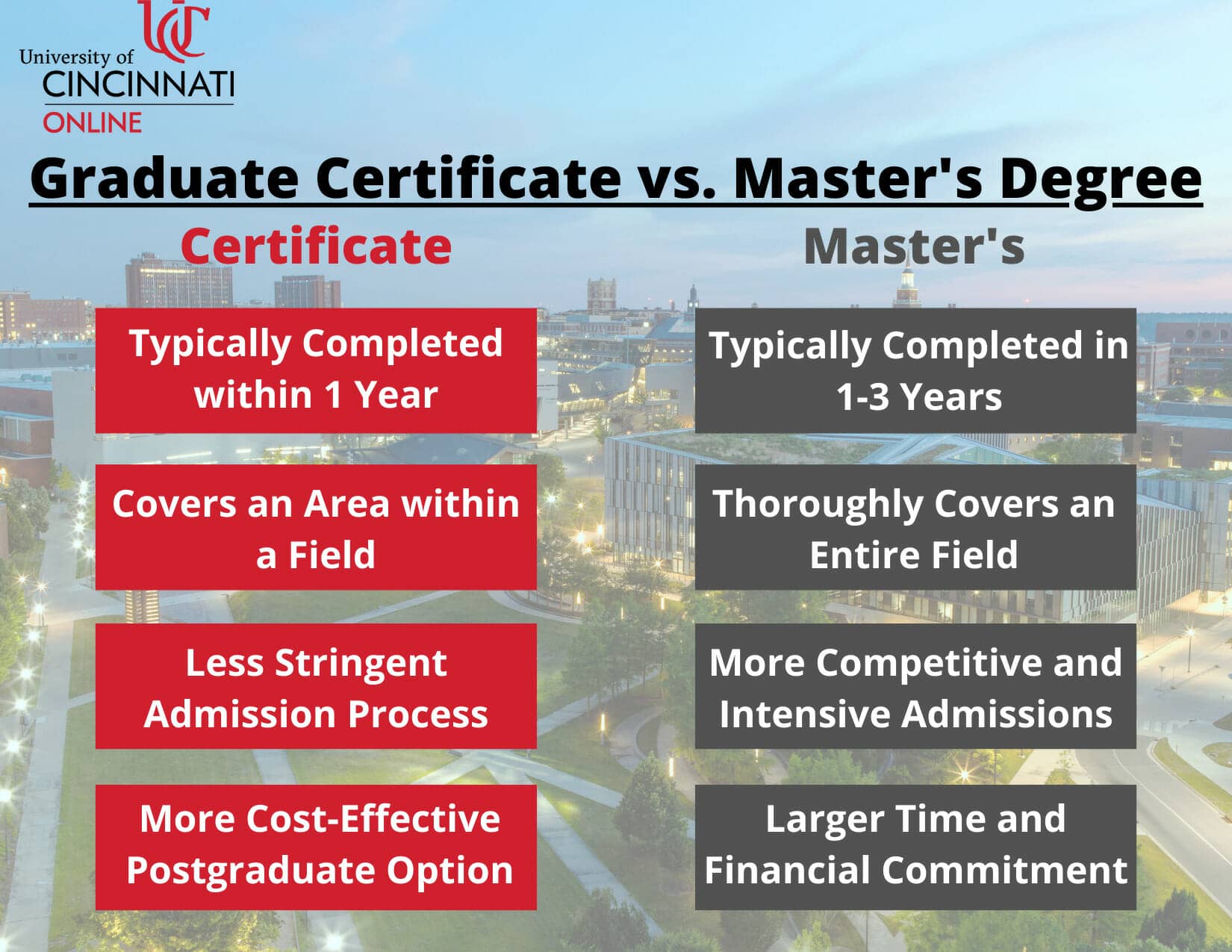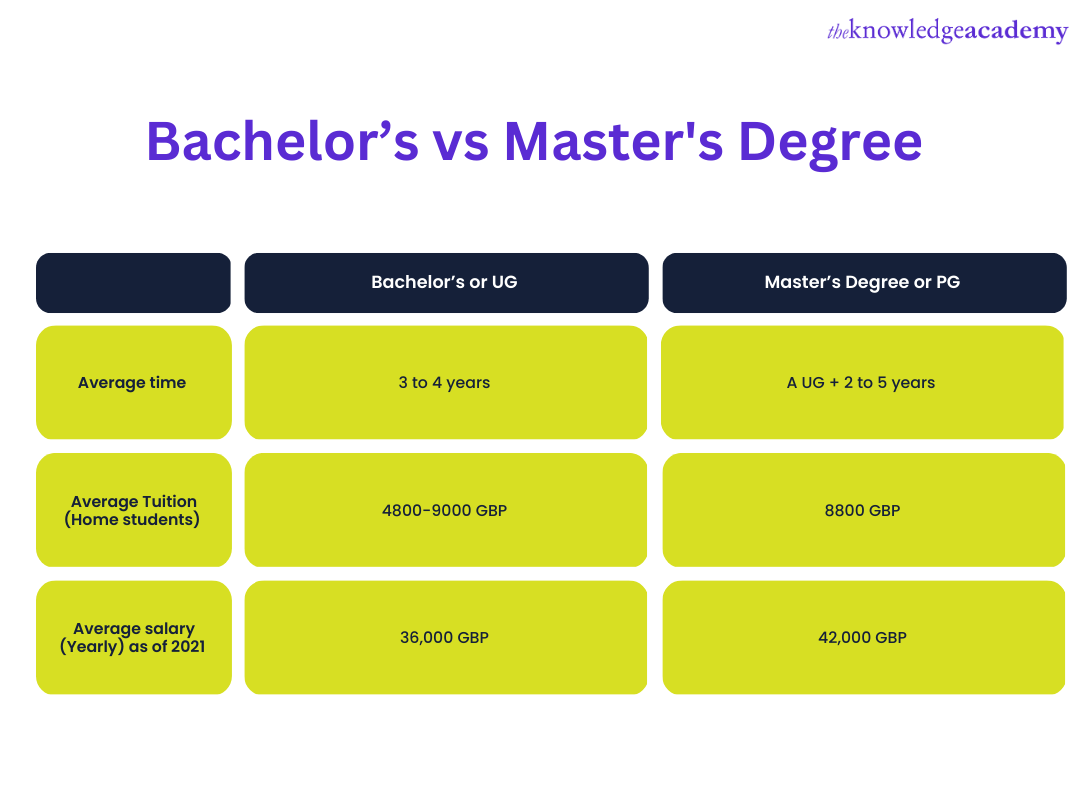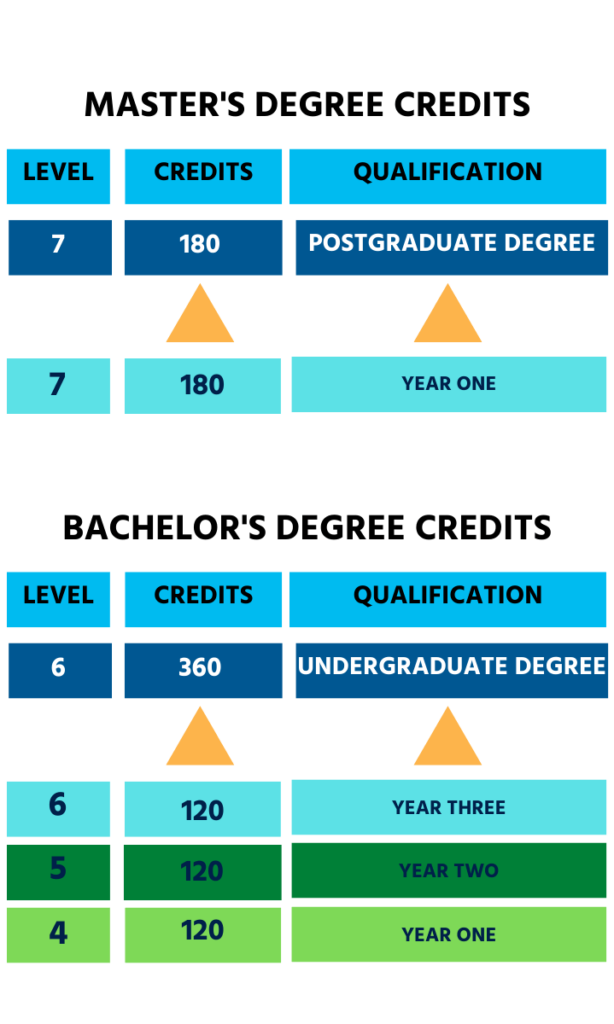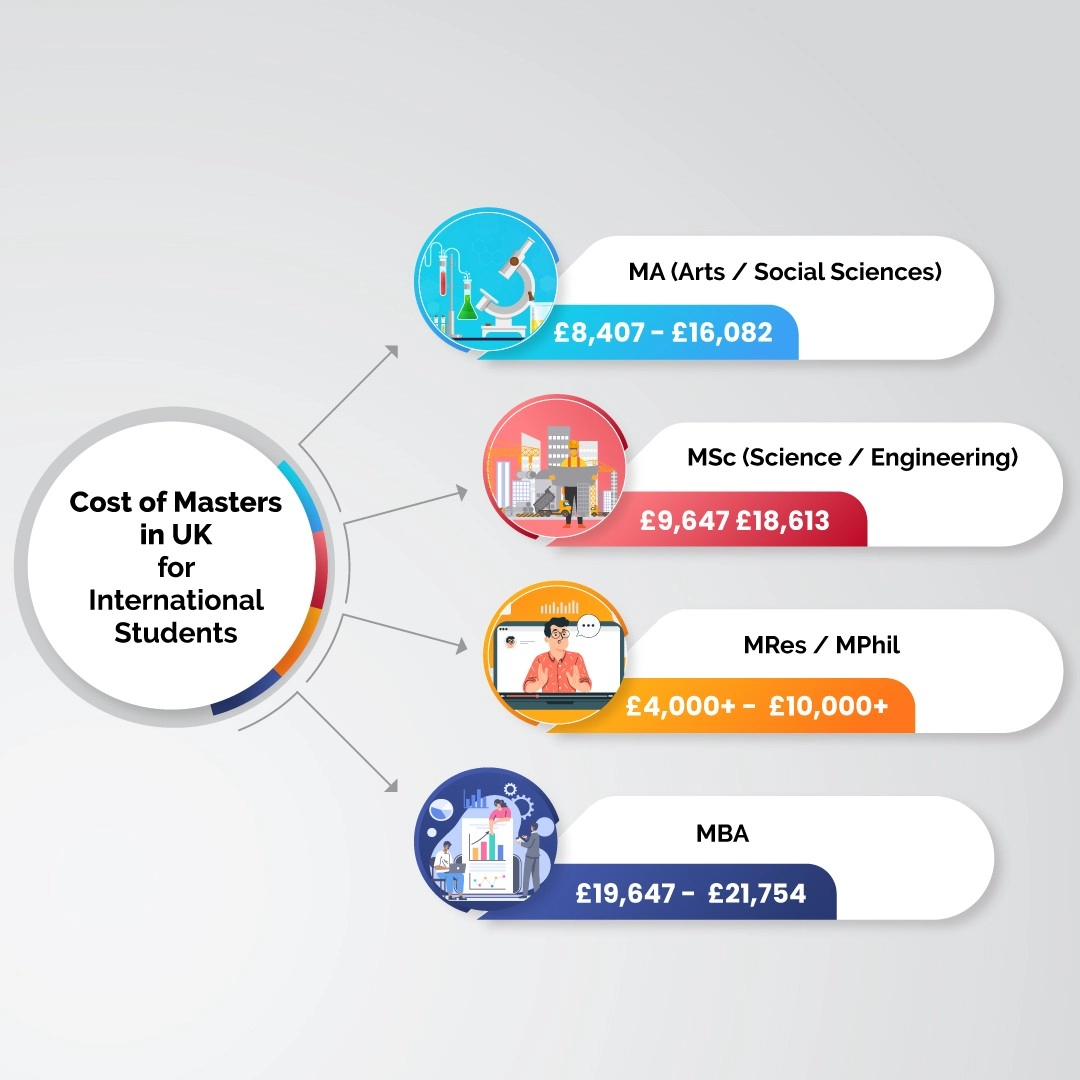How Much Does It Cost For A Master's Degree
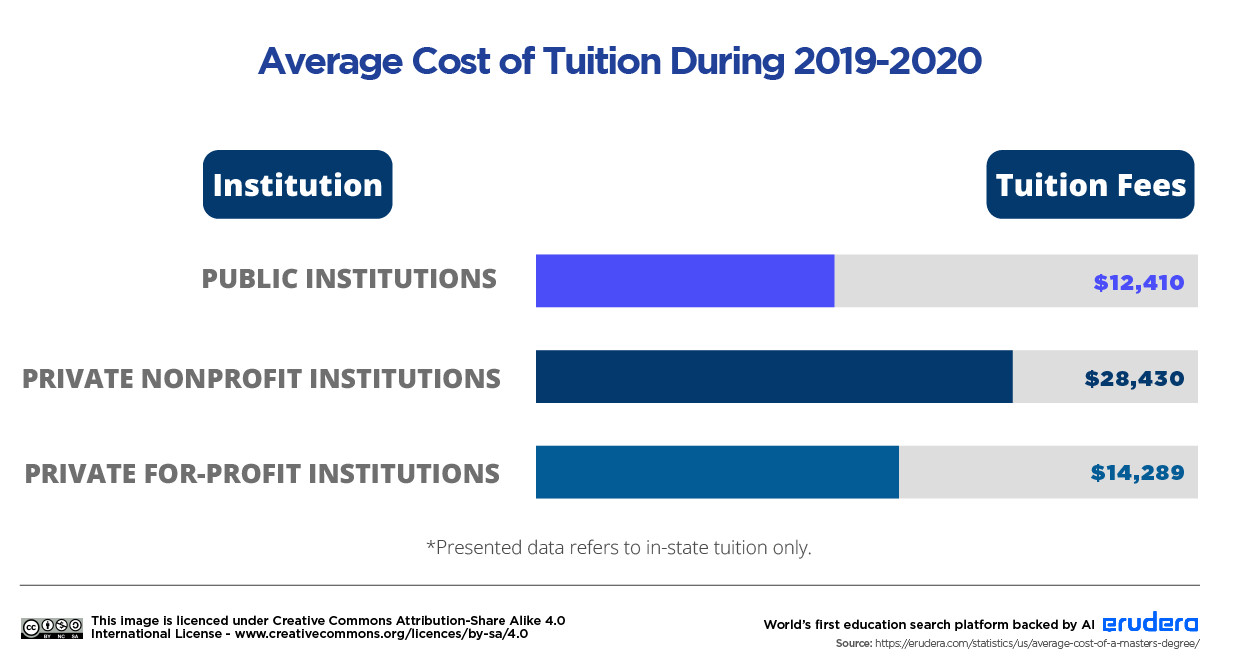
Imagine yourself strolling through a vibrant university campus, the air filled with the scent of blooming flowers and the murmur of intellectual discussions. You envision yourself in a packed lecture hall, engrossed in a fascinating debate, or perhaps tucked away in a cozy library corner, surrounded by towering stacks of books. The dream of pursuing a master's degree is exhilarating, but a nagging question lingers in the back of your mind: How much will this dream actually cost?
The price tag of a master's degree can feel like a daunting hurdle, but understanding the various factors influencing tuition and related expenses is the first step towards making this educational goal a reality. Let’s unpack the financial considerations involved in obtaining a master’s, offering insights into potential costs, funding options, and strategies for managing your investment wisely.
Breaking Down the Costs
The cost of a master's degree varies significantly based on several key factors. These include the type of institution (public vs. private), the specific program of study, and whether you're attending full-time or part-time.
According to the National Center for Education Statistics, the average cost of tuition and fees for graduate programs at public institutions was around $12,410 in the 2020-2021 academic year. Private institutions, on the other hand, averaged around $28,320 during the same period. Keep in mind, these figures are just averages, and actual costs can be much higher, particularly for prestigious programs or those in high-demand fields like business, law, or medicine.
Tuition and Fees
Tuition is the primary expense, but don't forget about fees! These can include technology fees, activity fees, health service fees, and more. Adding these up can surprisingly increase the total cost of your degree.
Living Expenses
Beyond tuition and fees, living expenses can contribute significantly to the overall cost. This includes housing, food, transportation, and personal expenses. Students living in metropolitan areas should expect higher costs of living than those in smaller towns or rural areas.
Books and Supplies
Textbooks, software, and other course materials can also add up. Consider purchasing used books, renting textbooks, or exploring digital resources to save money.
Funding Your Master's Degree
Fortunately, there are numerous avenues for financing your master's degree. Exploring your options can alleviate the financial burden and make your educational goals more attainable.
Financial aid is often the first port of call for many students. This could include federal student loans, which offer relatively low interest rates and flexible repayment options. Keep in mind that loans will have to be repaid with interest, so borrow only what you need.
Scholarships and grants are essentially free money that you don't have to repay. Many organizations, foundations, and universities offer scholarships based on academic merit, financial need, or specific areas of study. Dedicate time to researching and applying for relevant scholarships.
Assistantships and fellowships are another fantastic way to fund your education. These positions typically involve working as a teaching assistant or research assistant, in exchange for a stipend and/or tuition remission. They also provide valuable professional experience.
Some employers offer tuition reimbursement programs as a benefit to their employees. Check with your HR department to see if your company provides this benefit, and what the requirements are.
Making Smart Financial Decisions
Managing the financial aspects of your master's degree requires careful planning and smart decision-making. Creating a budget and sticking to it is an essential step.
Explore options like living with roommates or in more affordable housing to reduce your expenses. Consider working part-time to supplement your income while studying. Prioritize your spending and avoid unnecessary expenses.
Another suggestion is to attend a school in a state where you are a resident. Attending a public university in your state of residence will typically be less expensive than attending as an out-of-state student.
A Worthwhile Investment
While the cost of a master's degree can be significant, it's essential to view it as an investment in your future. A graduate degree can open doors to new career opportunities, higher earning potential, and personal growth.
Research from the Bureau of Labor Statistics consistently shows that individuals with master's degrees earn more on average than those with only bachelor's degrees. The knowledge and skills gained during your master's program can enhance your marketability and increase your long-term career prospects.
Ultimately, the decision to pursue a master's degree is a personal one. Carefully weigh the costs and benefits, explore your funding options, and make informed decisions that align with your goals and aspirations. With careful planning and dedication, you can turn your academic dreams into reality.

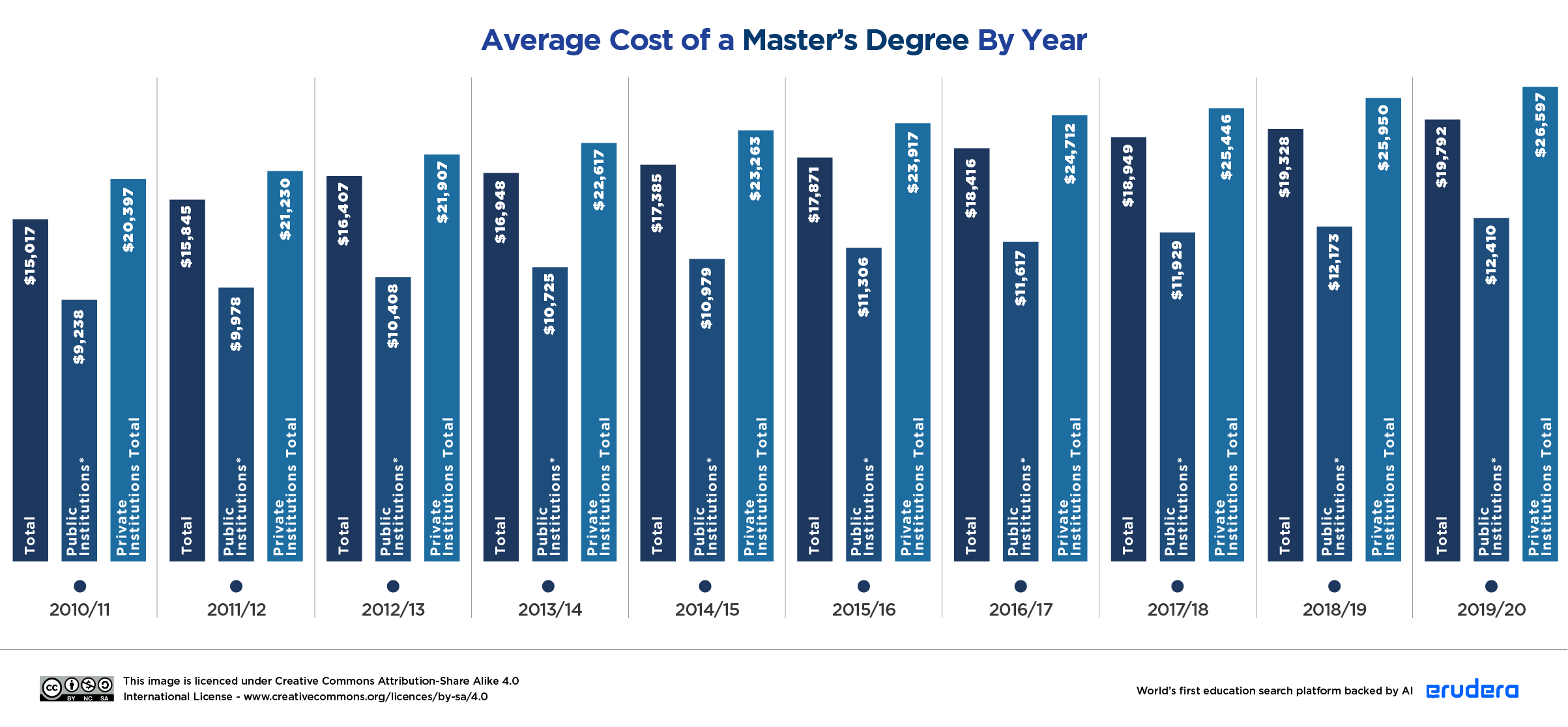


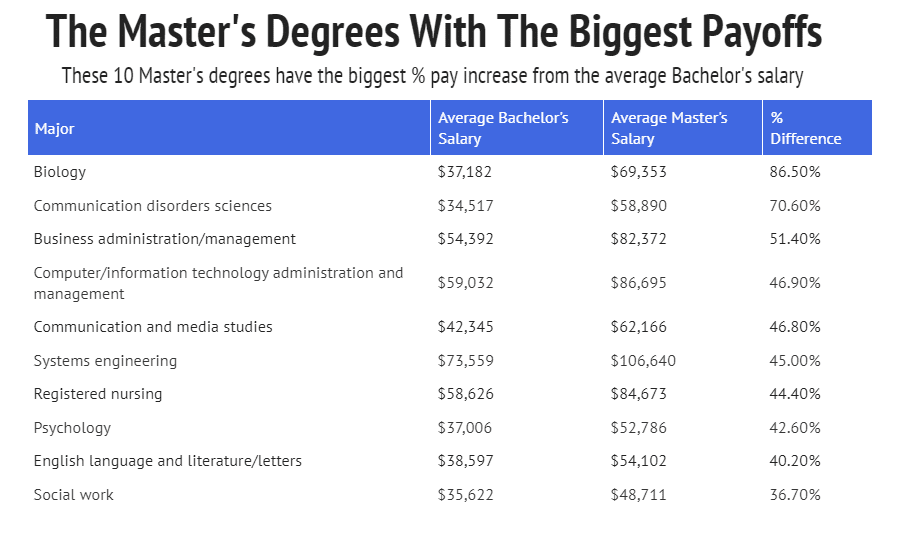



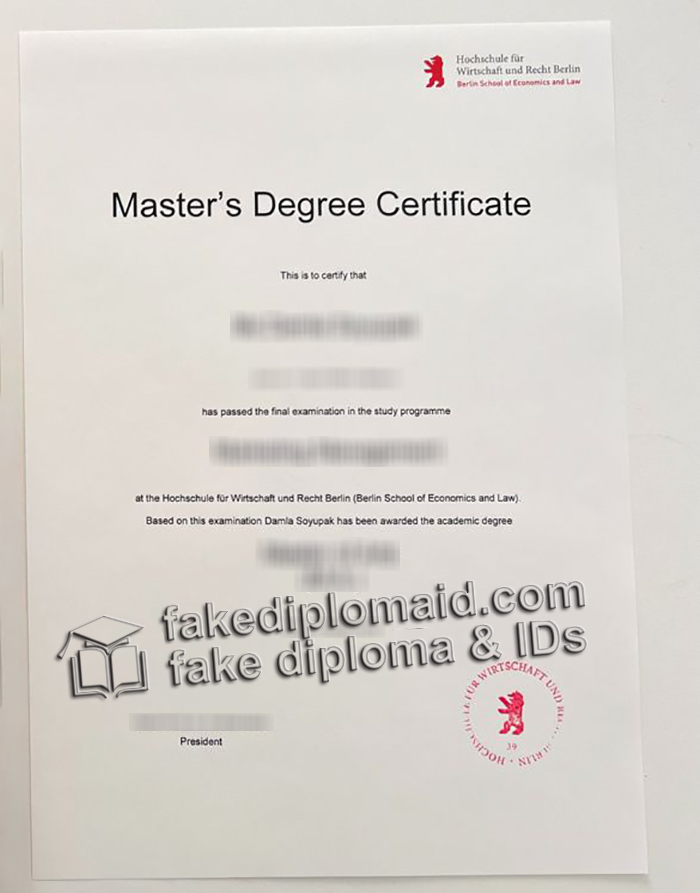



![How Much Does It Cost For A Master's Degree 20 Best Master's Degrees to Get for the Future [2025 Guide]](https://www.mydegreeguide.com/wp-content/uploads/2023/11/highest-paying-masters-degrees.jpg)
